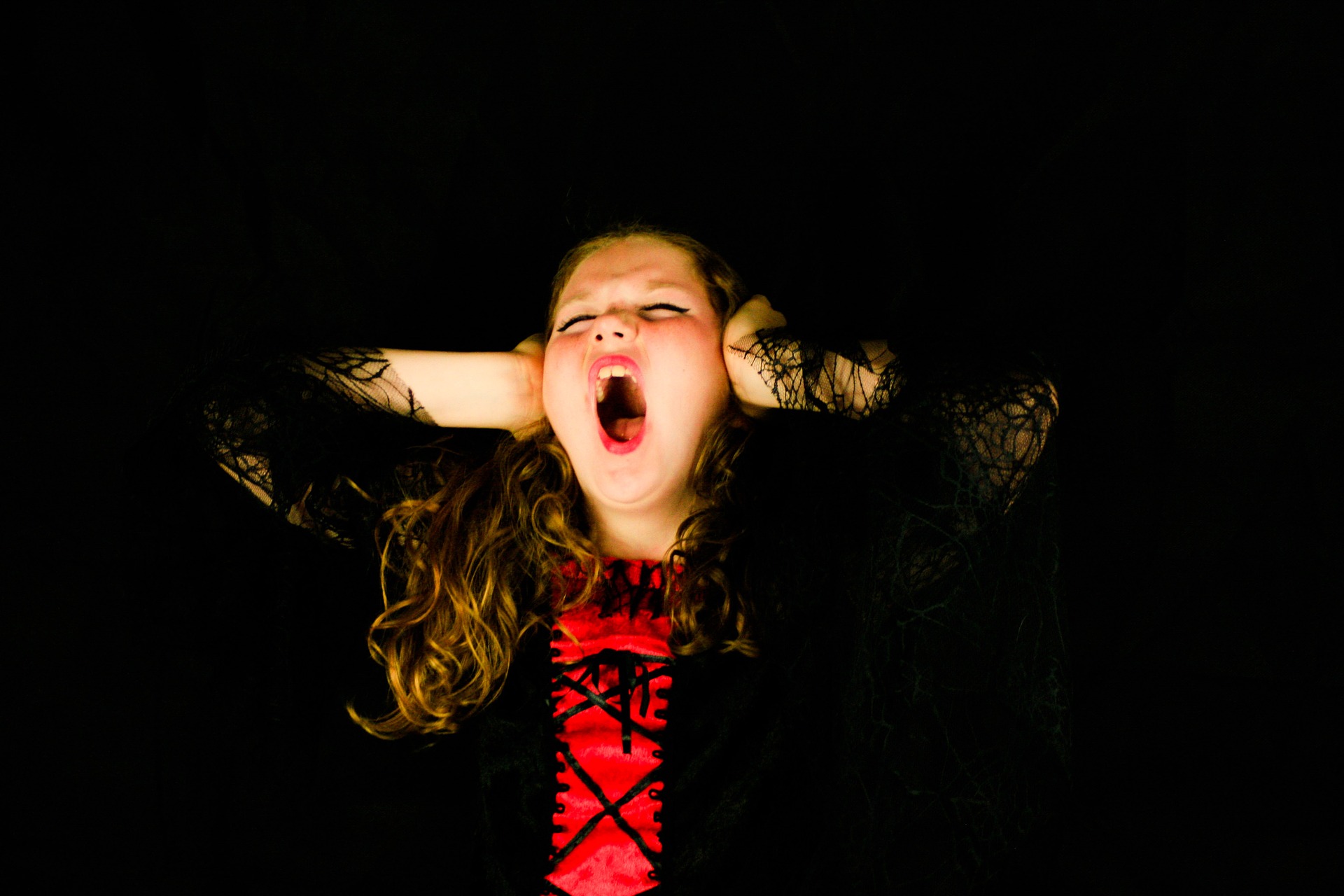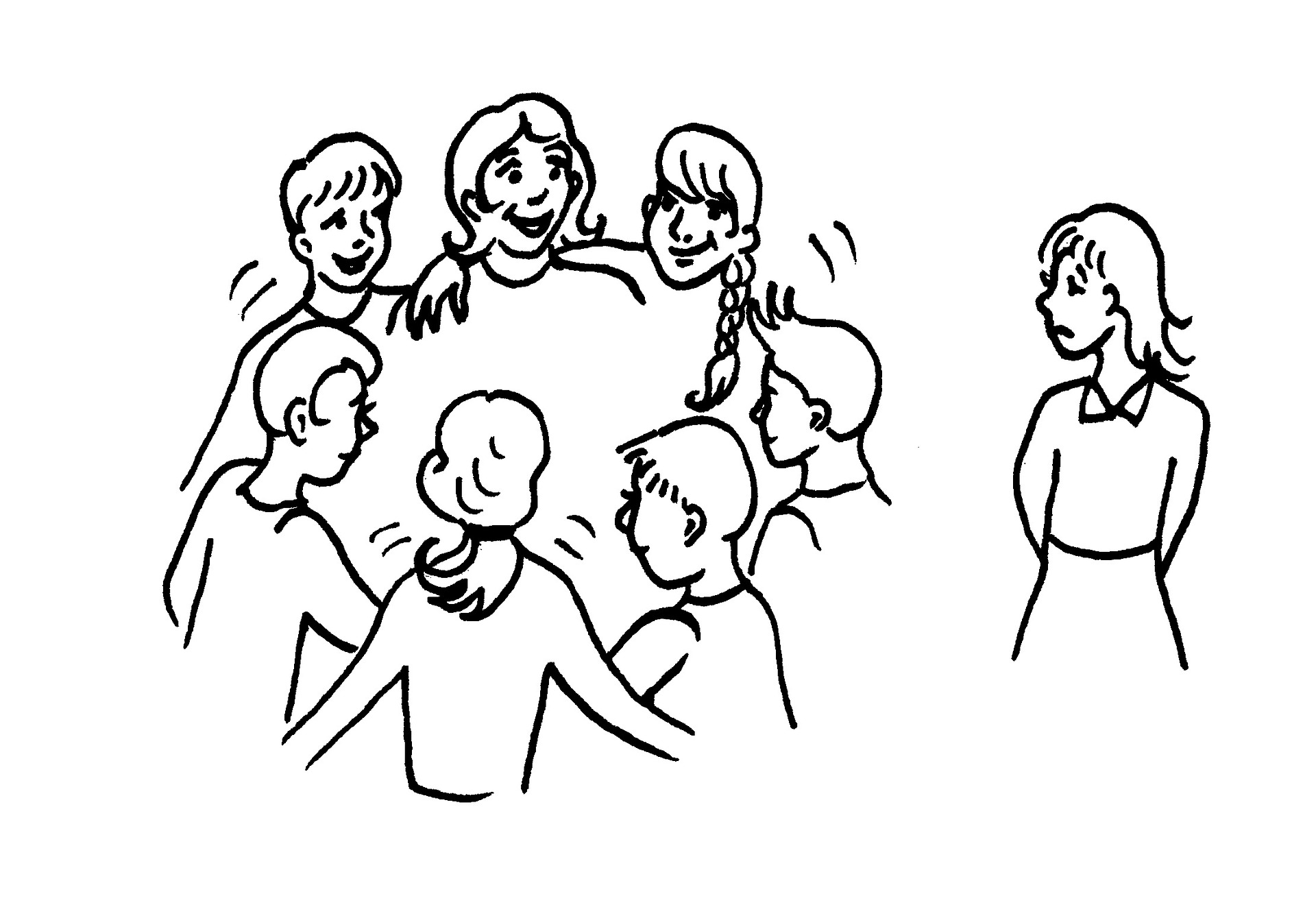-
 Kate Motaung : Curator
Kate Motaung : CuratorKate Motaung is the Senior Writer, Editor, and Content Manager for a multi-state company. She is the author of several books including Letters to Grief, 101 Prayers for Comfort in Difficult Times, and A Place to Land: A Story of Longing and Belonging. Kate is also the host of Five Minute Friday, an online writing community that equips and encourages Christian writers, and the owner of Refine Services, a company that offers editing services. She and her South African husband have three young adult children and currently live in West Michigan. Find Kate’s books at katemotaung.com/books.
In my previous article, I discussed the emotions that often accompany the discovery that your partner is struggling with sexual addiction, as well as defining the trauma that this discovery has likely brought upon you. As a reminder, the word "trauma" originates from a Greek word that means “to wound or to pierce.” Please bear in the mind that someone who is sexually addicted has to meet certain criteria to be diagnosed as such; while someone who has committed
Have you ever felt as if life is too unpredictable? That people can’t be trusted? That little things that use to be mundane and ordinary are now your greatest fear? Does your mind play horrific movie clips of events that have happened in your past? If so, you might be experiencing some of the effects of trauma. Trauma is far too intertwined in the design of our world. With natural disasters, wars, violence, and sin in our domain, trauma
"Do anger disorders really exist?" To answer the titular question posed by this article, we should, in all fairness, acknowledge that the classification of the various forms of mental illness is a human construct – a means to describe a nuanced condition that may or may not actually fit the description perfectly, and may or may not have a treatment solution. So, the short answer is “Yes.” As described in the DSM-5, anger-related disorders most certainly do exist, though
Finding mental health treatment that works for you can feel like a daunting process. So before I go any further, let me say thank you for looking into this and taking steps towards taking care of yourself! There may be stresses going on right now that feel daunting and unmanageable, or perhaps you can’t seem to pull yourself out of this funk that you have been stuck in. Maybe someone in your life has left, be it through death,
Have you ever asked yourself, "Why am I so angry all the time?" If so, this article is for you. A tightened jaw, clinched fist, flushed skin, and feelings of rage can be signs of anger that is out of control. The minor annoyance that leaves you feeling frustrated and wanting a different outcome for a situation can also be a form of anger. Anger can also be a stage of grief. Most of us have felt our blood
A common theme with new parents is to stimulate and help our children to meet their developmental milestones. We are constantly looking for our children to coo, to grab for things, to roll over, to crawl, and eventually to begin talking and walking. However, our children’s cognitive development is just as important as those physical milestones as well. Parents should be aware of how their children’s cognitive development is evolving. This is not just for new parents, but also
Depression. A word that is commonly used, but often misunderstood. Is it a state of mind? A sickness? Is it permanent? Is there a cure? As a counselor, I have encountered individuals with many of these questions. I think one of the biggest hindrances in receiving help with depression is knowing how to identify it. Many times I have heard the words, "I'm depressed" as an answer or expression after asking how someone is doing, but what does that
A few years ago, a good friend of mine wanted my take on a relationship that she would only describe as “kinda weird.” Shortly after her family was reassigned to a new duty station, her husband’s unit was sent on a six-month mission to yet another country. Although she was used to being separated from him for months at time, this deployment was particularly hard for her emotionally. To distract herself, she decided to start hanging out more with
We have all had “that friend” at some point in our lives – the friend who never quite fits in with your other friends because of their behavior. Maybe it’s the long, awkward pauses, the inappropriate or out of place comments, the unexpected responses that baffle and confuse others. You may have found that you were hesitant to include that friend in your get-togethers for fear of the question, “Who invited that person?” But what if you have come
Sexual addiction is a heavy topic. Unfortunately, it is a prevalent and painful reality for many people, and it is a struggle with sin that keeps on giving (not in a good way). For this article, I am specifically speaking to the partner of the addicted person. This is such a vast topic, that I need to break it into several parts, so please forgive me for not giving you all of the information at once, but it requires
One of the unexpected consequences of socially connective technologies like the Internet and cell phones is that new relationships can seem like they are just a click away. If we are single and looking, this can feel like a great opportunity to meet a lot of people and make connections, or avoid connections and bounce from one relationship to the next without ever actually getting involved. If we are married, with the advent of affair dating apps that facilitate
When we take time to consider ourselves and realize we are holistic beings, made up of body, mind, soul (emotions), and spirit, it might seem odd at first that discussions around one of our most essential bodily functions – sex – are often fraught with such a high level of discomfort. Sexuality goes to the core of our being, intersecting with all of those parts listed above, so there is no getting around the deeply personal nature of the subject.













